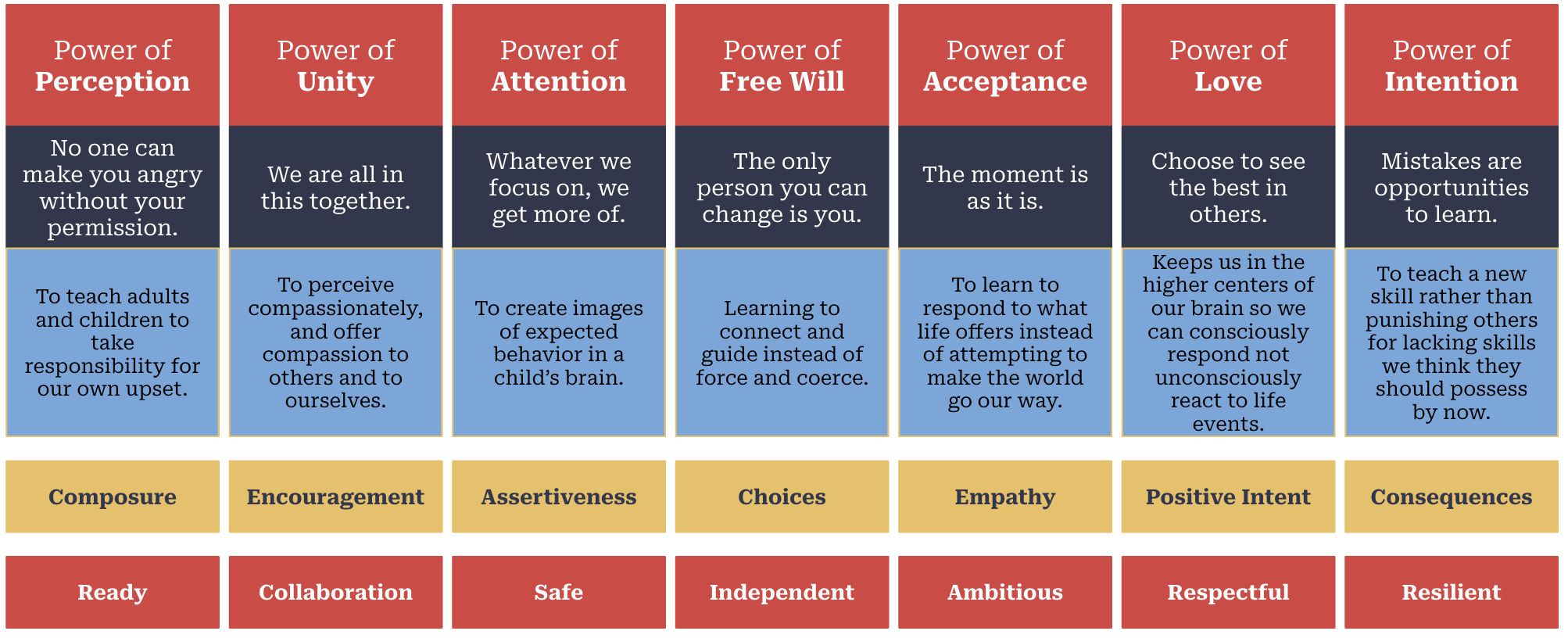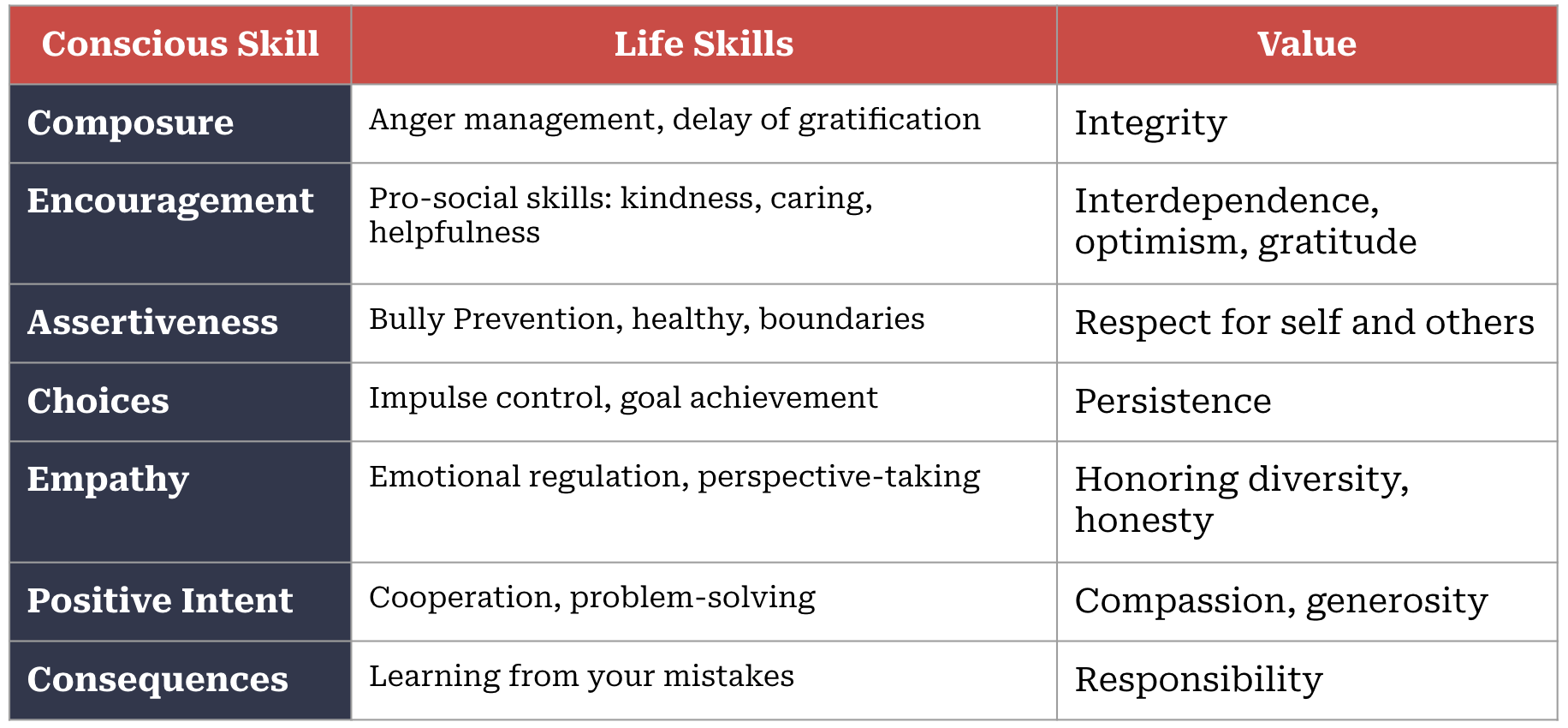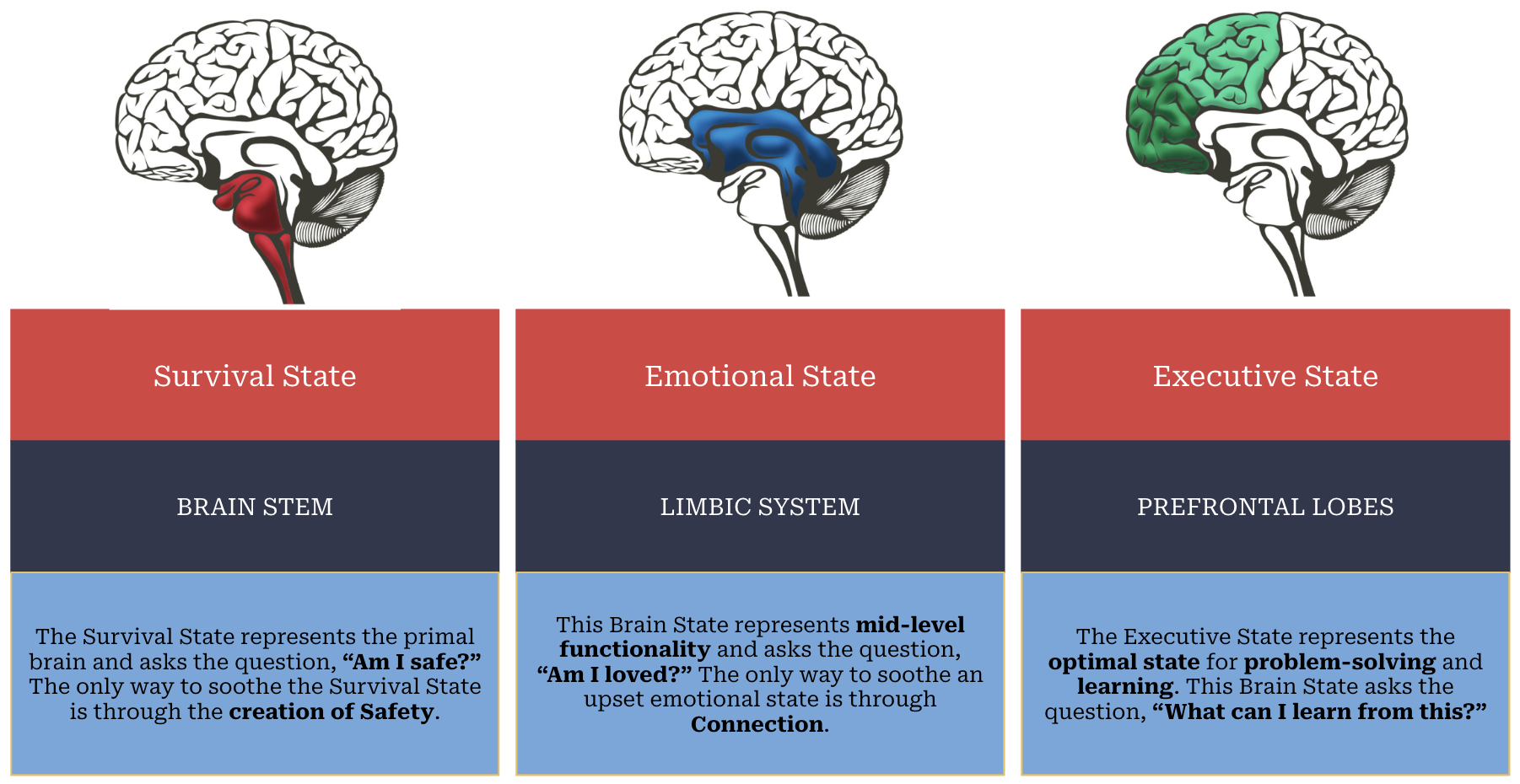School & Class Family Time
At Tyndale, we understand the importance of belonging. We believe controlling and changing ourselves is possible and has a profound impact on others. We see conflict as an opportunity to teach. Our school and class family time provides connectedness which governs behaviour. This time promotes connection, contribution, community, and internal self-regulation. Our school and class family time is built on a healthy family model with the goal of providing optimal development for all its members. Our School Family builds connections that foster the following:
-
Impulse control through co-regulation skills
-
Cooperation and willingness to learn through a sense of belonging
-
Executive skills through modelling, scaffolding and direct teaching
Approach
Daily Class Meetings:
-
Celebrations - children share anything they wish to celebrate during this time
-
Wish Wells - children share things that may be worrying them, or they would like to wish well (e.g. an absent class member, a poorly parent)
-
Brain Smart Start (up and down activities) - activities to connect as a class family
-
PEACE problem-solving model - a model to work together to solve problems that children in class are experiencing
-
Daily Commitment - a shared commitment that the class works on together to achieve
Safe Space:
Childre have Safe Spaces and Calm Areas in their classrooms and other areas of the school that they can use when they need time to themselves or time to talk. In these areas, children are prompted to think about The Zones of Regulation and the Brain States Model to support them to regulate themselves.
Greetings:
Children feeling recognised and important members of the school and class family through regular greetings and connections with staff. These can be in the form of:
-
Handshake
-
High five
-
Wave
-
Saying ‘Good morning/afternoon’
-
Hug
School and Class Family:
We regularly come together as a school to connect, share experiences, celebrate successes and learn. These opportunities bring the school community together to develop a sense of belonging in all.
Children feel part of their class family through daily class meetings, solving problems together, developing empathy through wish wells, and service through class jobs.
-
The School Family is built on a healthy family model with the goal of providing optimal development for all its members. The School Family builds connections that foster the following:
-
Impulse control through co-regulation skills
-
Cooperation and willingness to learn through a sense of belonging
-
Executive skills through modelling, scaffolding and direct teaching
-
Teachers create a school family through the use of routines, rituals, and classroom structures that provide the safety and connection needed for optimal development and learning.
Powers and Skills:

The Seven Powers promote mindful, conscious people who possess the ability to self-regulate. “Conscious” is a state of active, open attention in the present moment. Without conscious awareness, our ability to change old conditioned discipline practices to effective new practices is impaired. The ability to self-regulate and perceive conflict as a teaching opportunity provides the foundations for classroom safety.
The Seven Skills of Discipline provide the problem-solving tools teachers need to transform everyday discipline issues into teaching moments. These moments are our opportunity to teach children the social-emotional and communication skills necessary to manage themselves, resolve conflict and develop prosocial behaviours.

Brain State Model:

The Brain State Model utilises a neurodevelopmental model to help us focus our attention on internal states first and behaviour second. By addressing the internal state that precedes the behaviour, both adults and children learn to self-regulate and develop strong executive skills for problem-solving and goal achievement - which links to our character habits that we want children to develop by the time they leave our school.
Time Machine (Are you willing?, Wish each other well, I don’t like it when you… please…):
Our time machine offers children the chance to resolve their own disagreements, develop empathy and willingness to listen to other perspectives.
- Step 1: Roll back time
- Step 2: Ask for willingness
- Step 3: Be a S.T.A.R.
- Step 4: Wish each other well
- Step 5: Focus on the goal and unify
- Step 6: Coach the children to use helpful words
- Step 7: Offer a connection to show there are no hard feelings

